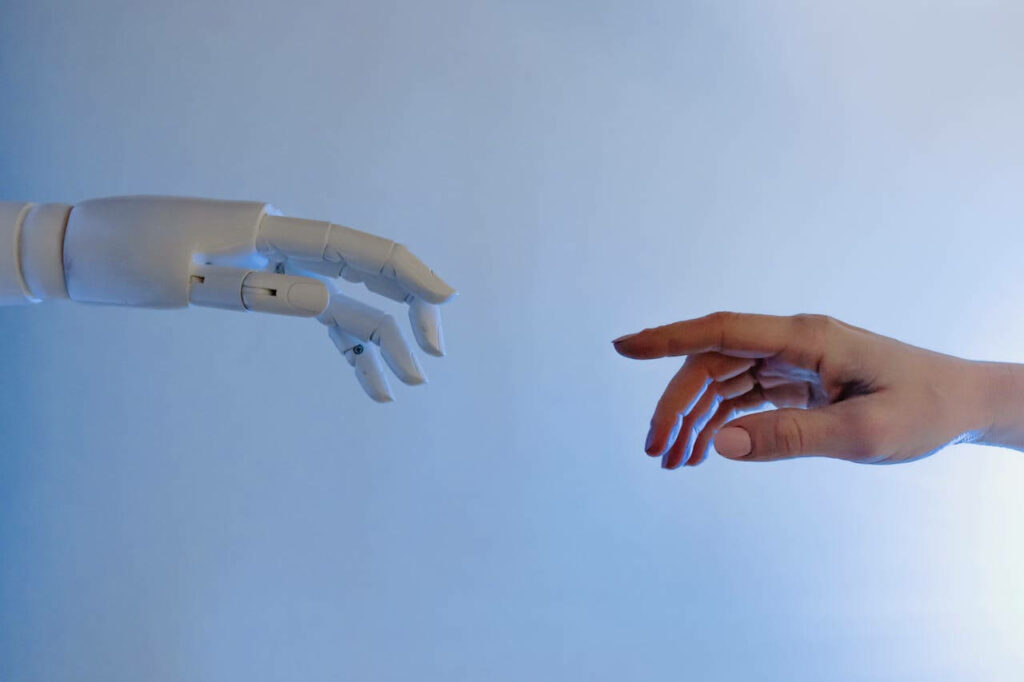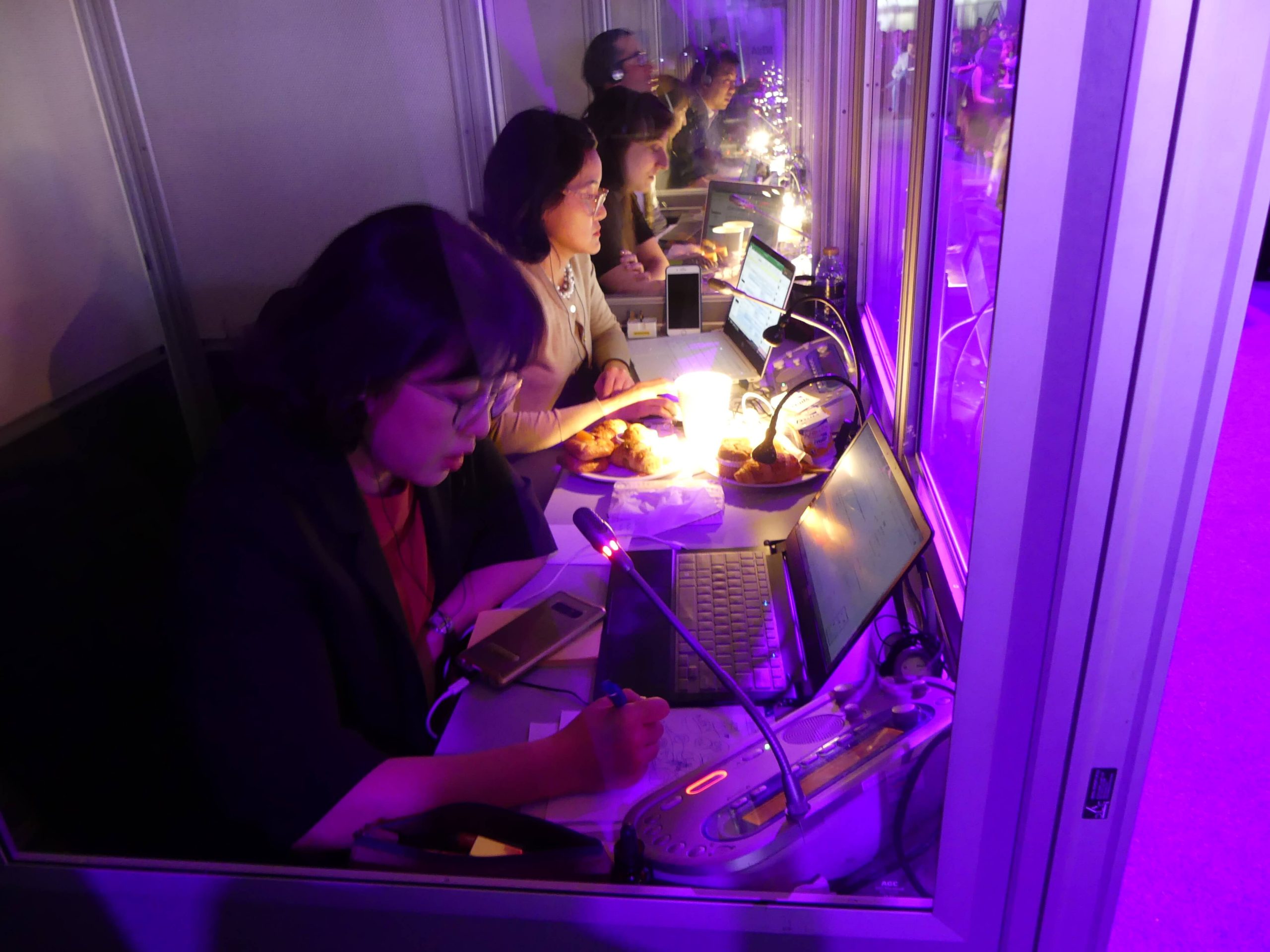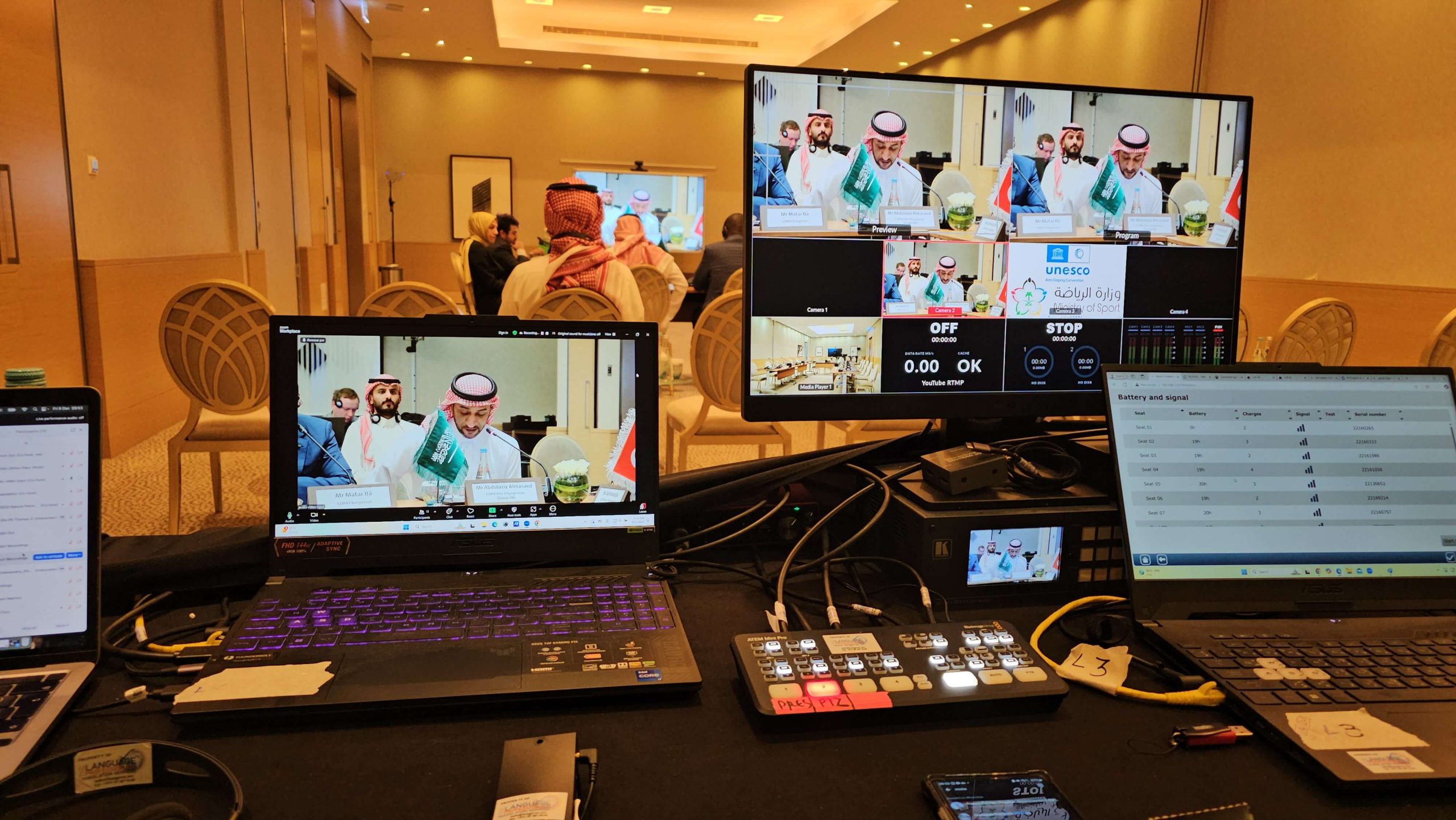Researched and written by Evangelos – ~4 min read

Businesses are constantly expanding their global footprint, necessitating effective communication across diverse linguistic landscapes. As companies strive to reach international audiences, the debate between machine translation (MT) and human translation (HT) takes center stage. AI translation technology allows organizations to use advanced algorithms to make translation processes more efficient and cost-effective, but where’s the catch?
The Rise of AI Translation
Artificial intelligence has revolutionized the translation industry, offering unparalleled speed and efficiency in linguistic tasks. AI translation, powered by neural networks and machine learning algorithms, has significantly enhanced the capabilities of MT systems, bridging the gap between automated translation and human proficiency. By leveraging AI, businesses can achieve rapid turnaround times and cost-effective solutions for their translation needs.
Pros and Cons of Machine Translation
Machine translation boasts several advantages, including lightning-fast translation speeds and cost-effectiveness for large volume projects. Moreover, MT ensures consistency in terminology and style, making it ideal for standardized content such as technical manuals and user guides. However, MT falls short in capturing nuances, context, and cultural subtleties, leading to inaccuracies and misunderstandings. Biases and errors in translation output can undermine the credibility of MT systems, particularly in sensitive domains such as legal or medical translation.
Pros and Cons of Human Translation
Human translation, on the other hand, offers unparalleled accuracy and linguistic finesse, ensuring the best quality content across languages. With human translators at the helm, businesses can navigate complex nuances, idiomatic expressions, and cultural sensitivities with ease. Human translators bring creativity, critical thinking, and subject matter expertise to the table, resulting in polished and culturally relevant translations. However, HT is labor-intensive and time-consuming, often leading to higher costs and longer turnaround times, especially for large-scale projects.
Hybrid Translation
Enter hybrid translation – the perfect synergy of AI and human expertise. By combining the speed and efficiency of AI translation & Machine translation with the precision and nuance of human translators, businesses can strike the perfect balance between cost-effectiveness and quality. In a hybrid translation model, AI serves as the initial translator, generating a draft of the translation, which is then refined and polished by human translators. This collaborative approach ensures the best of both worlds – the speed of automation and the accuracy of human intelligence.
Benefits of Hybrid Translation:
Hybrid translation offers a myriad of benefits for businesses seeking to optimize their translation workflows:
- Cost Savings: By leveraging AI for initial translation drafts, businesses can significantly reduce translation costs, especially for large volume projects.
- Improved Accuracy: Human translators add a layer of refinement and quality assurance to AI-generated translations, ensuring accuracy and coherence in the final output.
- Faster Turnaround Times: The hybrid approach combines the speed of AI with the meticulousness of human translators, resulting in faster turnaround times without compromising on quality.
- Enhanced Cultural Adaptation: Human translators excel in capturing cultural nuances and idiomatic expressions, ensuring that translations resonate authentically with target audiences.
- Scalability and Flexibility: Hybrid translation models are scalable and adaptable to the evolving needs of businesses, offering flexibility in managing translation projects of varying complexities.
How to choose the best translation services for your business
While machine translations offer speed and efficiency, they may not always be the best option for businesses aiming to make a favorable impression. A single mistranslation has the potential to damage a brand’s reputation irreparably. Moreover, certain industries demand precision and expertise that AI translations alone cannot provide. Medical guidelines, legal documents, and user manuals necessitate the involvement of seasoned linguists well-versed in translation standards and specialized terminology.
Therefore, when selecting translation services for your business, it’s essential to assess the nature of your content, consider the importance of accuracy and cultural sensitivity, and weigh the advantages of hybrid translation models that combine AI technology with human expertise. By prioritizing quality and suitability for your specific needs, you can ensure that your translation efforts effectively communicate your message and uphold your brand integrity across linguistic boundaries.
For businesses seeking a reliable partner in translation and localization endeavors, Langpros stands out with its years of experience, proven track record, and commitment to delivering accurate and culturally appropriate translations.





